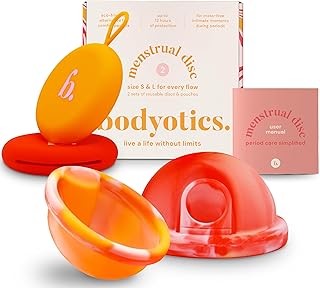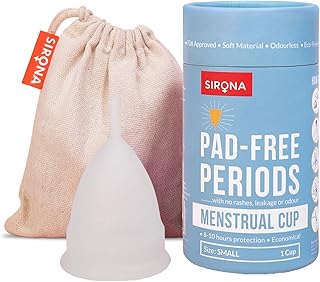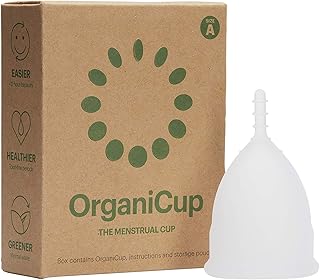Menstruation, a natural process in women, is often accompanied by challenges related to menstrual hygiene. In many developing countries, including Bangladesh, there is a lack of knowledge and misconceptions surrounding menstrual hygiene. Poor menstrual hygiene practices can lead to various health issues and impact women’s daily lives negatively. To address this issue, a study was conducted to assess the knowledge, attitudes, and practices regarding menstrual hygiene among early-reproductive aged women in Bangladesh.
The study, conducted between July and December 2022 in different regions of Bangladesh, aimed to gather insights into women’s understanding and behaviors related to menstruation and menstrual hygiene. A total of 1,214 female participants were surveyed using a structured questionnaire covering areas such as knowledge about menstruation, attitudes toward menstrual hygiene, and practices related to menstrual health.
The findings revealed that the participants had a good overall level of knowledge, positive attitudes, and appropriate practices regarding menstrual hygiene. Factors such as higher education levels, student status, living in nuclear/small families, adequate sleep, and abstaining from alcohol were associated with better knowledge and attitudes towards menstrual hygiene. The study highlighted the importance of targeted interventions to bridge the knowledge gaps and promote healthy menstrual hygiene practices among women.
Previous research has shown that education plays a pivotal role in shaping women’s understanding of menstruation and menstrual hygiene. Studies have also indicated that younger women and students tend to have better knowledge and positive attitudes toward menstrual hygiene. Living in nuclear or small families has been linked to improved knowledge and attitudes, possibly due to the focused attention and education within smaller family units.
It was observed that factors such as age, education level, urban residence, family size, and duration of menstruation influenced women’s practices related to menstrual hygiene. The study emphasized the need for comprehensive sexual and reproductive health education to enhance women’s capacity to manage menstrual hygiene effectively.
The study identified various sources of knowledge about menstruation and menstrual hygiene, with mothers being the most common source of information. The findings underscored the significance of promoting open discussions about menstruation within families and communities to improve women’s understanding and practices related to menstrual hygiene.
In conclusion, the study shed light on the importance of addressing knowledge disparities and social influences to enhance menstrual hygiene practices among women. By implementing targeted interventions and educational programs, policymakers and health practitioners can empower women to adopt healthier menstrual hygiene practices and improve their overall reproductive health.
📰 Related Articles
- Study Reveals Menstrual Hygiene Challenges Among Indian Women
- Study Reveals Menstrual Health Challenges for Female Athletes in Bangladesh
- Study Reveals Factors Impacting Adolescent Menstrual Hygiene Practices
- Study Reveals Disparities in Menstrual Hygiene Practices in Nepal
- Study Reveals Challenges in Menstrual Hygiene Practices Among IDPs






